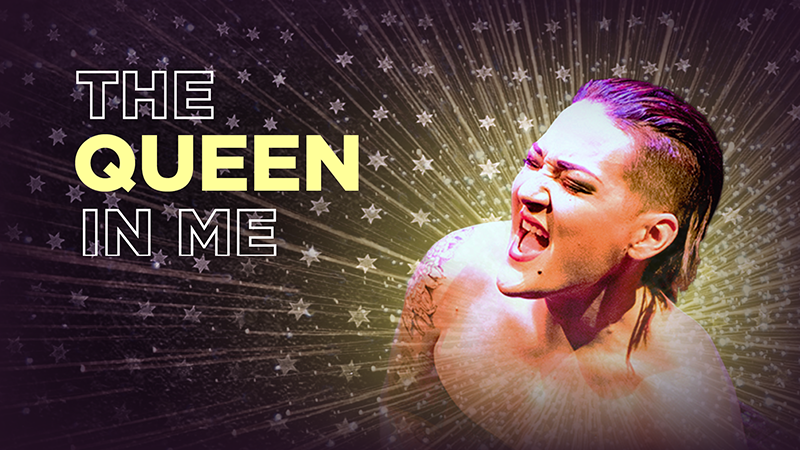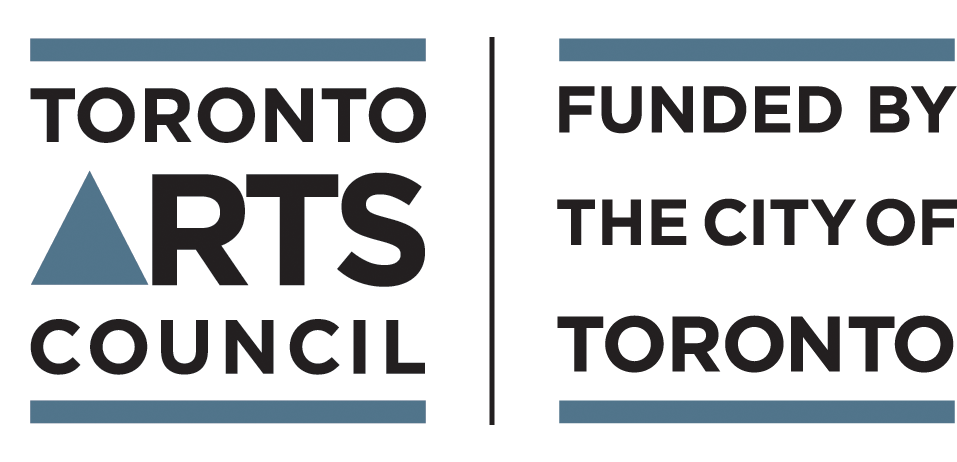Opening Thursday, June 2 at the revitalized
Canadian Opera Company Theatre,
The Queen in Me promises an exuberant show undertaking a deep exploration of the opera industry's policing of race, gender, and sexuality. As the show's creator and sole performer, Teiya Kasahara 笠原貞野 (they/them) uses the lens of
The Magic Flute's iconic Queen of the Night to reclaim space for the many women, trans, and non-binary individuals excluded from the stage.
In this article, hear from the show's co-directors—Andrea Donaldson (Nightwood Theatre) and Aria Umezawa (Amplified Opera)—as they explore the distinct identity and impact of this production. Read on to learn more!
Andy Warhol understood the power and pitfalls of repeating an image when he remarked “the more you look at the exact same thing… the better and emptier you feel.” He was referring to the nature of pop culture—observing that cultural understanding is cemented through repetition and noting the emotional attachment we have towards stories and images that are familiar to us. The nuance of Warhol’s art is in how it highlights the tension between an image becoming iconic the more frequently it is seen, while simultaneously losing its meaning.
Enter The Queen of the Night: an iconic character who sings an iconic aria that has been repeated for centuries. She is bombastic, charismatic, and tonight she is ‘a little pissed.’ She loves opera and her audience, but has reached a boiling point—she cannot bear to perpetuate the racism, misogyny, and various abuses on and offstage for herself and her other fellow fallen women characters. So tonight, she halts the opera.
This iteration of The Queen of the Night is born from coloratura soprano Teiya Kasahara 笠原貞野’s (pronouns they/them) experience as a queer trans nonbinary multiracial person who has spent years trying to fit into the rigid roles that their vocal fach* demanded. Their identity and their passion for opera have been at painful odds, which spurred the creation of this piece. In crafting this work, Teiya has given up their anonymity, standing up to an entire industry. A central tension in
The Queen in Me is that The Queen—and truly the creator, Teiya—loves the very music that prevents them from expressing themselves authentically as their full self.
Whistleblowers are dangerous and vital. The COC has had the bravery to invite a cultural troublemaker (and their entourage of partner organizations) into their space—disruptors who are railing against opera’s systems and traditions, gesturing toward a new era that asks what we might gain by looking even more critically at the works we consume. In this time of decolonization, truth, and reconciliation, settler culture is experiencing a painful loss of innocence. Through confronting truths and gaining insight into how we are impacted by the world around us, we can challenge the stories that bring us comfort, but that have proven to leave us empty.
If Warhol is right, and engaging in repetition makes us feel good and empty, then we might theorize that breaking from repetition makes us feel uncomfortable and full. What makes
The Queen In Me so vital is how Teiya Kasahara demonstrates that by resisting the inertia which compels us to tell the same stories in the same ways, and by challenging ourselves to search for new meaning, we can emerge from the process feeling proud and empowered to live as our full selves.
We hope you enjoy the show!
—Andrea Donaldson and Aria Umezawa
Co-Directors
*A German method of classifying singers by voice type









